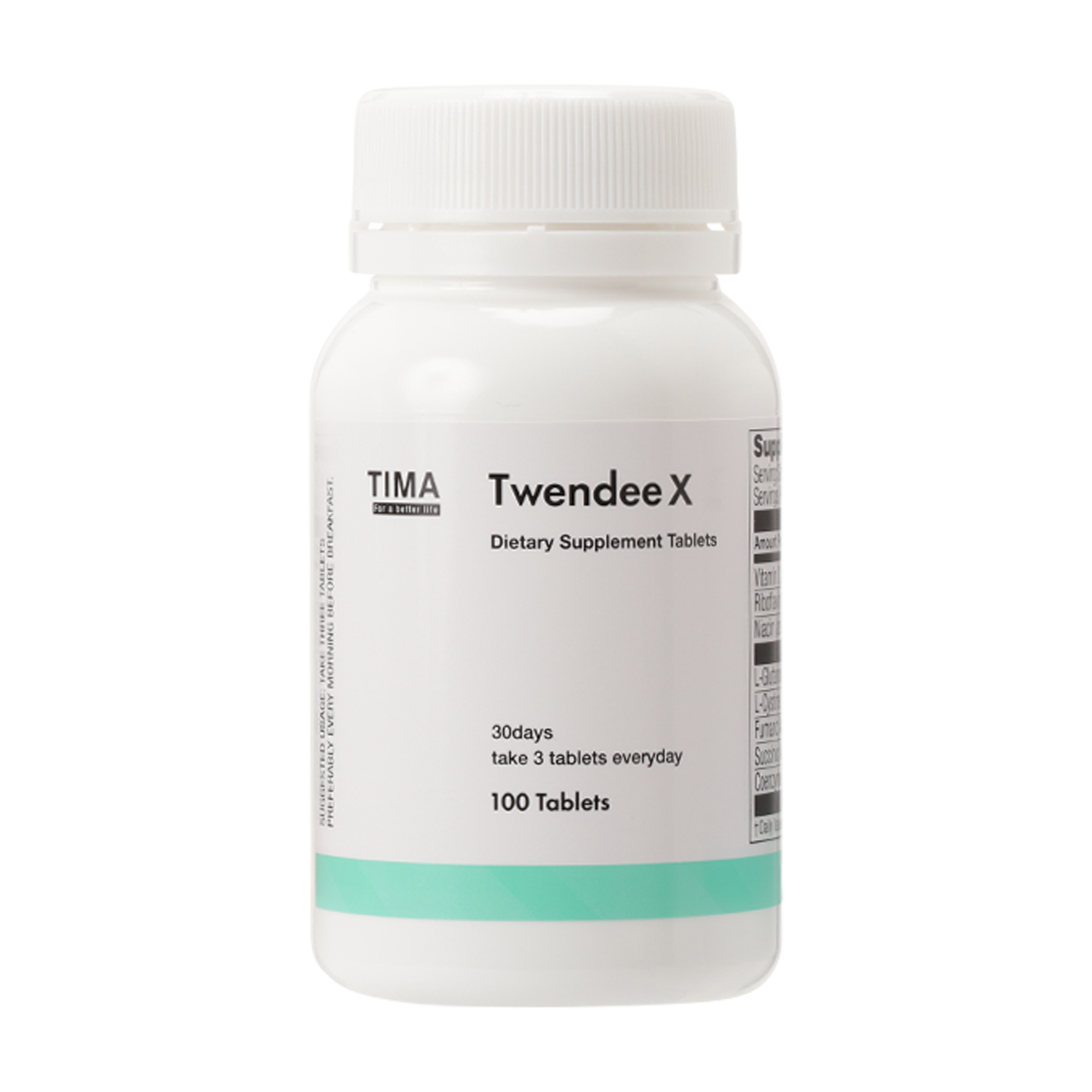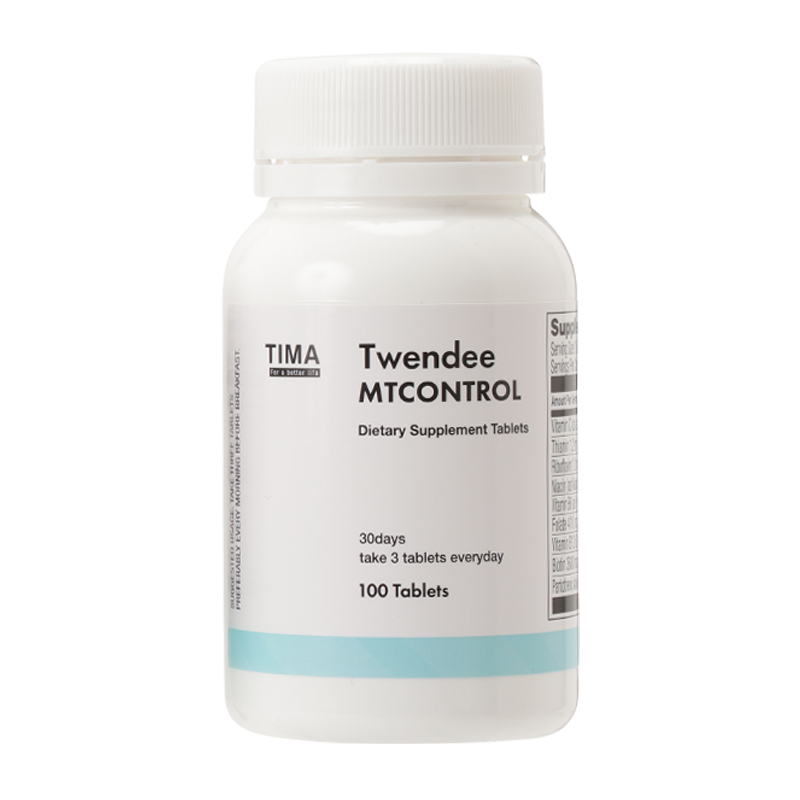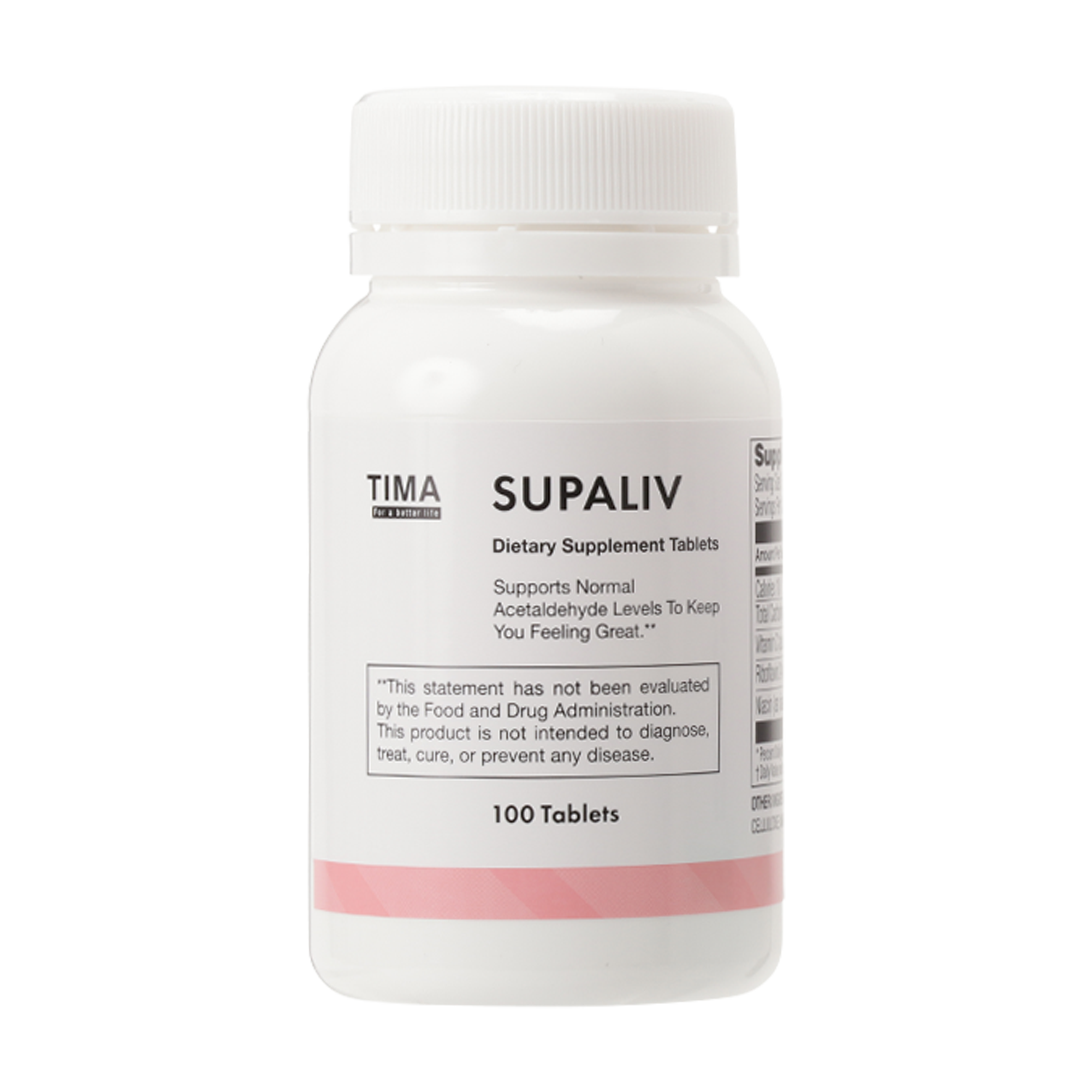Thesis on Oxidative Stress and "gastric ulcer"
- Paper title
- Nicotine and gastric ulcers in stress.
- Abstract summary
- Nicotine treatment worsens stomach mucosal damage by cold (4 degrees C) and restraint (stress).
- Authors
- C. W. Ogle, B. Qiu, C. Cho
- Journal
- Journal of Physiology - Paris
- Semantic Scholar URL
- https://semanticscholar.org/paper/56e14c1a9a8ffc5aec44f48fe9e8e4e80eb0a914
- Abstract
-
Chronic nicotine treatment worsens stomach mucosal damage by cold (4 degrees C) and restraint (stress): it dose- and time-dependently intensifies stress-evoked gastric glandular ulceration, mast cell degranulation and motility.
Nicotine 50 micrograms/ml drinking water, given ad libitum to female Sprague-Dawley rats for 10 days, increases the sensitivity of the isolated stomach strip to acetylcholine-induced contractions; atropine abolishes this action.
The isolated anococcygeus muscle from nicotine-treated male rats shows increased sensitivity to noradrenaline-induced contractions, but not to those by acetylcholine.
Hexamethonium or atropine pretreatment antagonises stress-induced gastric effects in nicotine-drinking rats.
Muscarinic M1- and M2-, but not M3-, receptor block (by pirenzepine, AF-DX 116BS and HHSiD, respectively) inhibits stress ulcer formation in female rats.
Although tobacco smoking has been reported to increase free radical formation, mucosal xanthine oxidase which initiates free radical formation is uninfluenced by nicotine; antagonising this enzyme (by allopurinol) or hydroxyl free radical scavenging (by dimethylsulfoxide) does not lessen the effect of nicotine on stress-evoked ulceration.
The findings suggest that chronic nicotine treatment produces partial ganglionic blockade of the vagal nerve which leads to muscarinic receptor supersensitivity.
This phenomenon contributes significantly to the ulcer-worsening mechanism; muscarinic M1- and M2-receptors appear to be involved.
The gastric ulcer-aggravating effect of nicotine in stressed rats appears not to be due to increased free radical formation.








